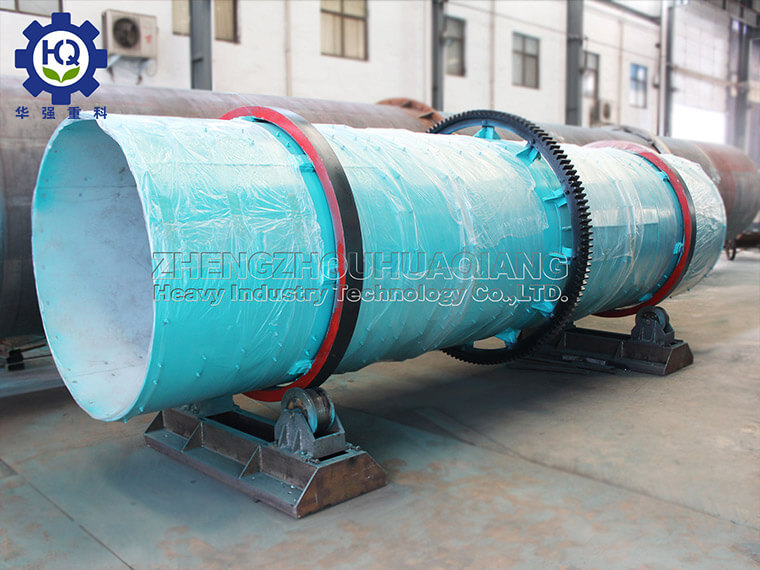In recent years, more and more manufacturers have launched organic fertilizer equipment to improve the production of organic fertilizer, but many people do not know how to change the oil on the organic fertilizer equipment, resulting in machine failure. So what should we pay attention to when changing the oil of organic fertilizer equipment?
Some users in the organic fertilizer production line in order to reduce the cost of labor, usually waste oil and half or 80% of the new oil mixed. Because the waste oil of the production line is rich in many oxidizing substances, rubber carbon particles and a lot of iron filings, it will greatly shorten the service life of the new oil, speed up the movement wear, not only can not play the oil change, but also may cause mechanical accidents such as burning bricks and burning axes.
If the oil level exceeds the line, it will not only increase the consumption of oil, cause oil combustion, attack the carbon deposit in the cylinder, increase the carbon particles in the oil, but also accelerate the wear of the internal parts of the oil. Cylinder, shorten the service life..jpg)
Organic fertilizer equipment manufacturers explained that there is another situation. In order to save maintenance costs, waste oil from the oil pan of the organic fertilizer production line will participate in the gearbox. Due to the large amount of mechanical impurities contained in the deteriorated oil, it can lead to accelerated wear of the moving parts when it comes to the gearbox.
When other waste oil is added, the gear oil will become thinner, increasing gear wear. However, the replaced oil can be added to the oil pan of the air filter to save the new oil. Gasoline viscosity is low, suitable for light load use. Diesel engine oil has high viscosity and is suitable for heavy duty applications.
.jpg)


.jpg)


.jpg)

